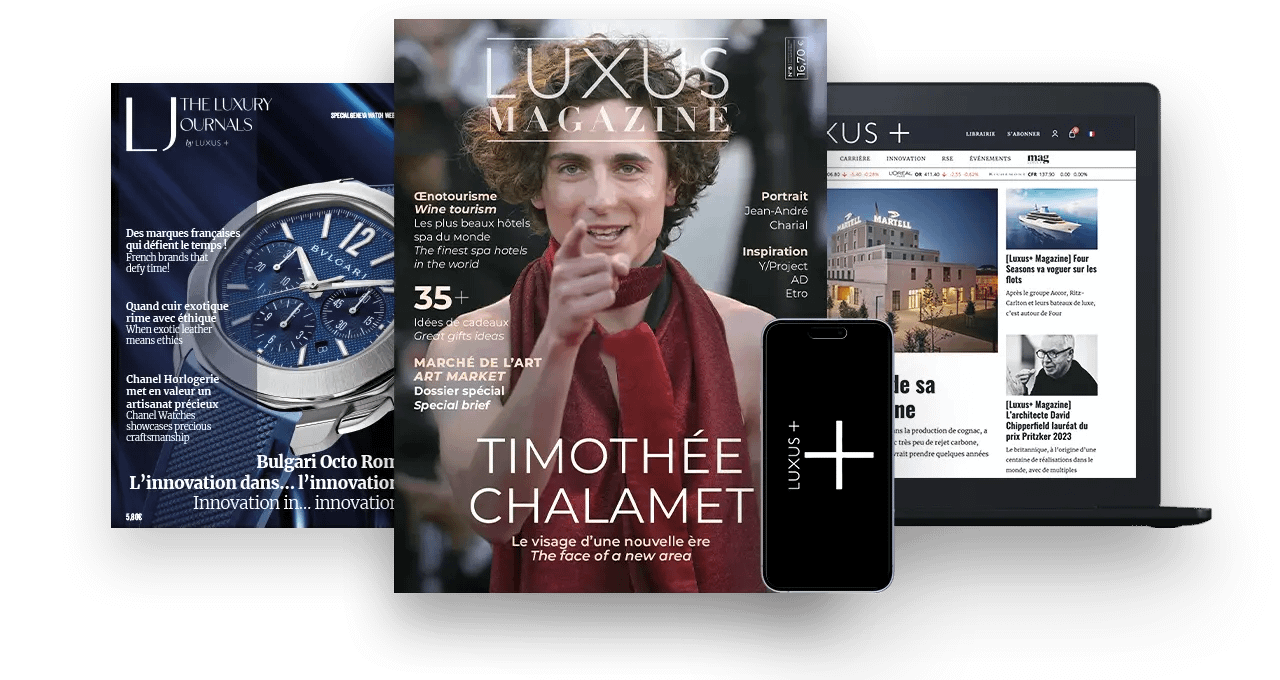British fashion icon Burberry has issued its second profit warning in three months. Despite the turnaround efforts of CEO Jonathan Akeroyd, the company revised its adjusted operating profit downwards, raising concerns about its £4 billion annual targets. Against this backdrop, speculation about a possible takeover is emerging, with LVMH cited as a potential acquirer.
Burberry has issued a profit warning for the second time in three months, signalling increasing difficulties in an already troubled luxury market. Shares in the iconic British fashion house fell 7.68% on the London Stock Exchange on Friday January 12, bringing total losses over the past year to 45%.
The company led by CEO Jonathan Akeroyd revised its adjusted operating profit for the fiscal year ending in March downwards, placing the range between 410 and 460 million pounds ($522 and $585 million). A fall of 25% on previous investor expectations, which seems to push back medium-term annual sales targets of £4 billion ($5 billion).
However, the brand’s CEO remains confident about Burberry’s future strategy.
“We are very excited about the strategy we have in front of us and are focused on execution. But if the macroeconomic environment slows down for our sector, that brings additional challenges,” said Jonathan Akeroyd.
Last November, the company in the midst of a turnaround had already warned that adjusted operating profit would be at the lower end of analysts’ forecasts at the time, i.e. between £552 million and £668 million ($702 million to $850 million).
Sales slowdown
In the 13 weeks to December 30, Burberry sales were down 7% to 706 million pounds ($899 million). This decline, particularly in Europe (-5%) and the Americas (-15%), is attributed to the deceleration in global demand for luxury goods, exacerbated by factors such as inflation, geopolitical uncertainty in the Middle East and the real estate crisis in China.
“We saw a deceleration in December […]. That was really the case in most regions,” explains Jonathan Akeroyd.
“The cracks that are appearing in demand for luxury goods are very telling. So-called ‘aspirational’ buyers are one of the demographic groups that are retreating, and Burberry is more exposed to this type of customer than to high-end luxury products,” observes Sophie Lund-Yates, analyst at Hargreaves Lansdown.
This situation makes the luxury goods industry more vulnerable, with perceptible consequences for other luxury players too. Shares in LVMH were down 1%, while Kering, which is in the process of relaunching its flagship Gucci brand, fell 1.4%.
Investors will learn more about the state of the sector with the publication of Kering’s 2023 annual results on February 8 and Hermes‘ results on February 9.
The challenge of recovery
Read also>BURBERRY STREETS SETS UP SHOP IN NEW YORK
Featured photo : ©Burberry






































